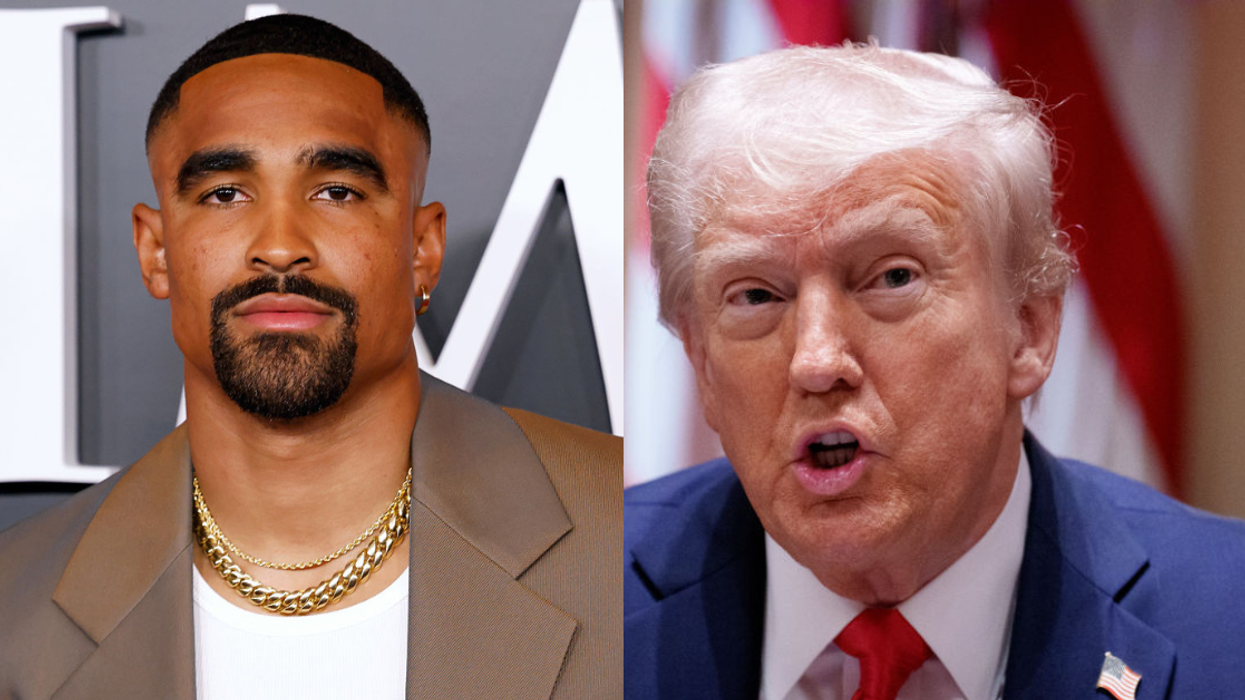Treasury Secretary Scott Bessent was criticized after telling Fox News host Brian Kilmeade that he's not concerned "at present" about the possibility of empty shelves in stores amid President Donald Trump's trade war, defending the practices of "great retailers" that he expects will weather the storm.
Trump has escalated a growing trade war by imposing tariffs of up to 145% on Chinese imports, prompting China to retaliate with its own 125% tariffs on American goods. Additionally, the U.S. has slapped a 10% tax on imports from most other countries, while temporarily suspending higher rates for several nations for 90 days.
The White House also implemented several sector-specific tariffs of 25% and has warned that it may reintroduce stricter measures on dozens of trading partners if they fail to reach agreements to reduce trade barriers with the United States—actions that economists say will deal heavy blows to the U.S. economy and lead to shortages.
But Bessent didn't appear concerned when asked about empty shelves, replying:
"Not at present. We have some great retailers. I assume they pre-ordered."
"I think we'll see some elasticities. I think we'll see replacements, and then we will see how quickly the Chinese want to de-escalate."
"I think it's unsustainable from the Chinese side, so maybe they'll call me one day. In the history of trade negotiations or trade slowdowns, it is the surplus country that always loses the most."
You can hear what he said in the video below.
Bessent was swiftly criticized.
Alongside his assessment of trade tensions with China and other Asian countries, Bessent claimed that European nations are likely “in a panic” over the euro’s strength against the U.S. dollar. Since the onset of the trade dispute, the euro has climbed nearly 10% against the dollar, after the two currencies had approached parity in early January.
Meanwhile, the administration has sent mixed signals about the progress of trade talks. Trump claimed last week that he was discussing trade with Chinese officials during their visit to Washington, but other reports suggested that no formal negotiations were underway and that the officials were primarily in town for World Bank and IMF meetings.

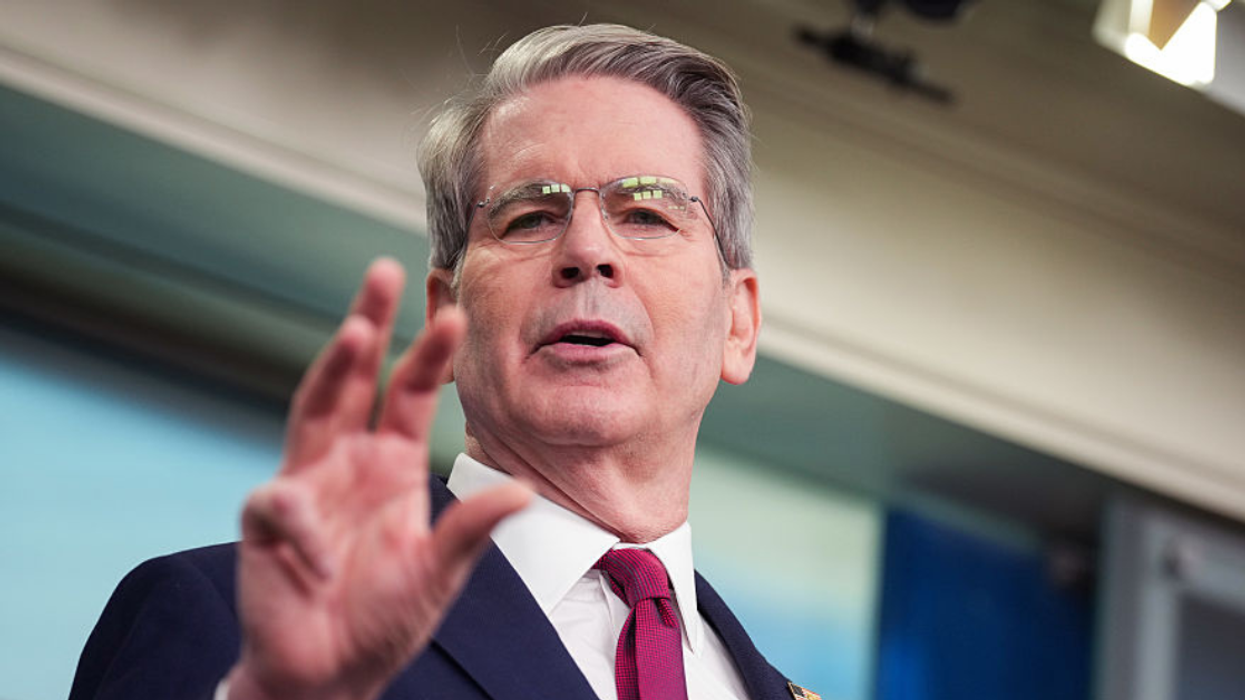

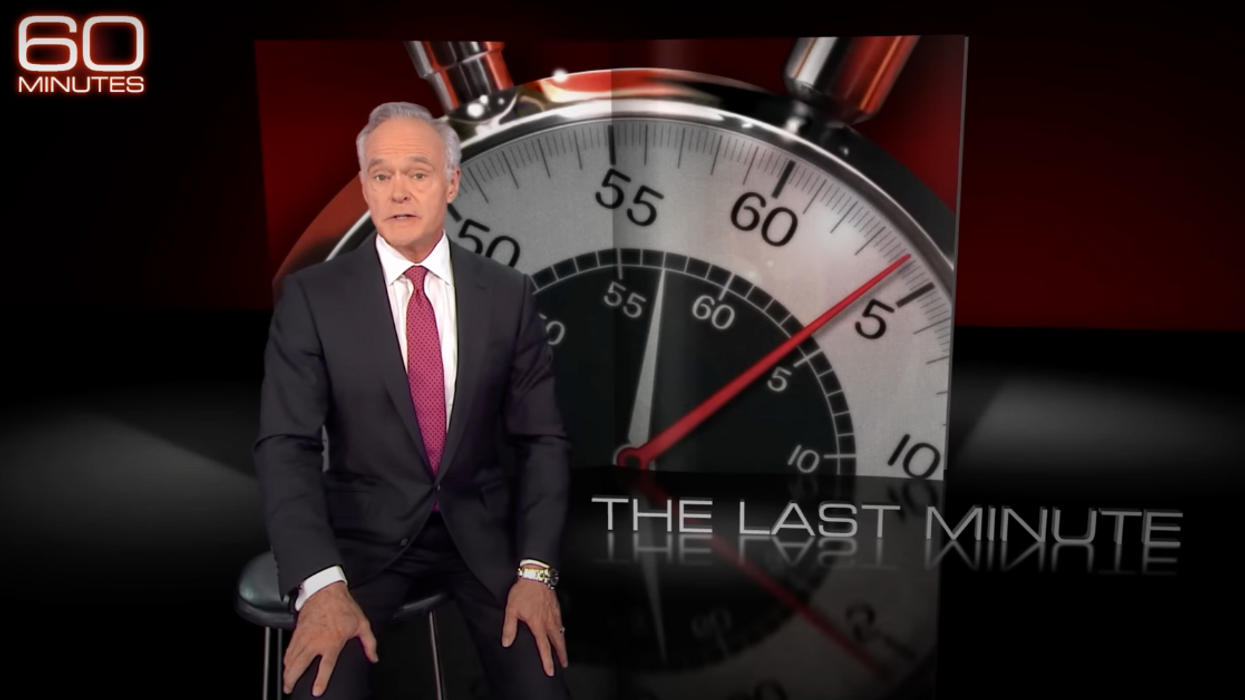
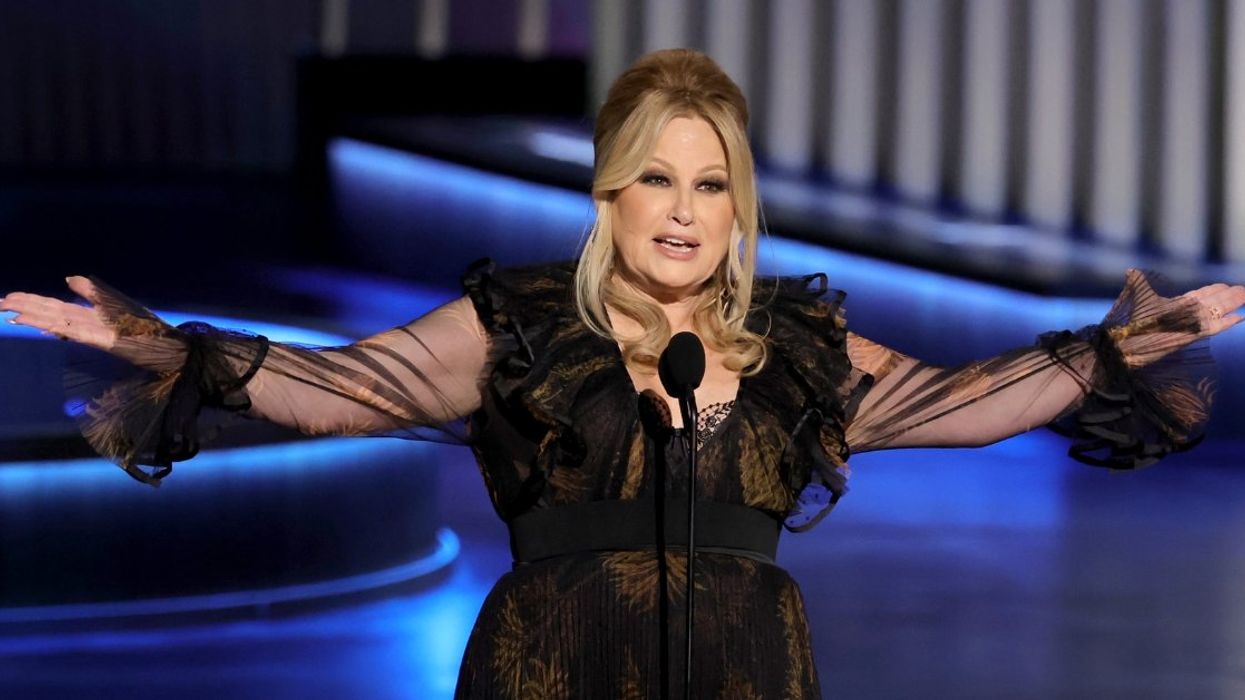
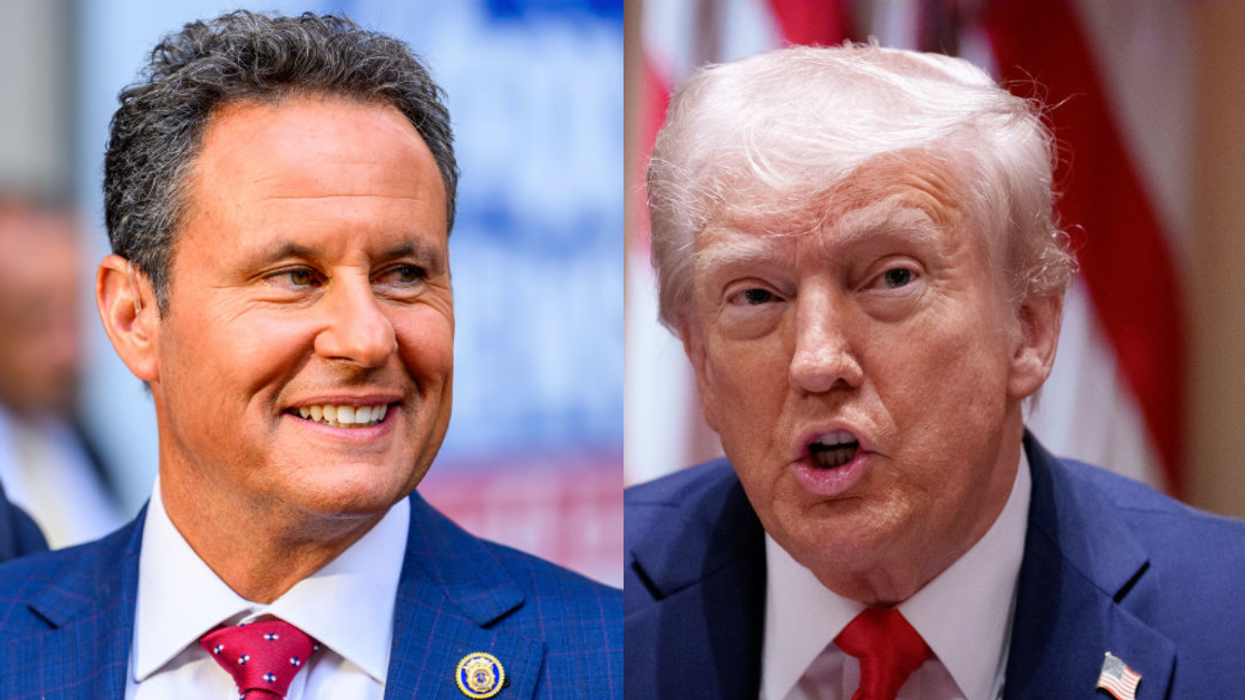


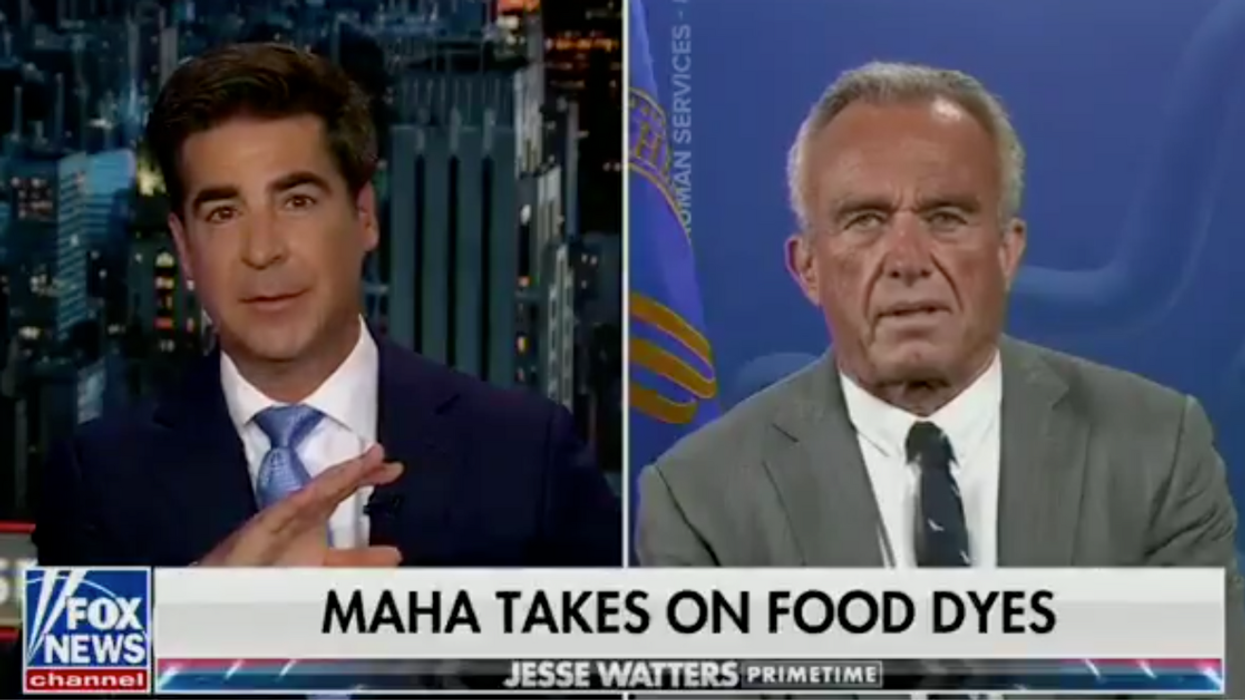
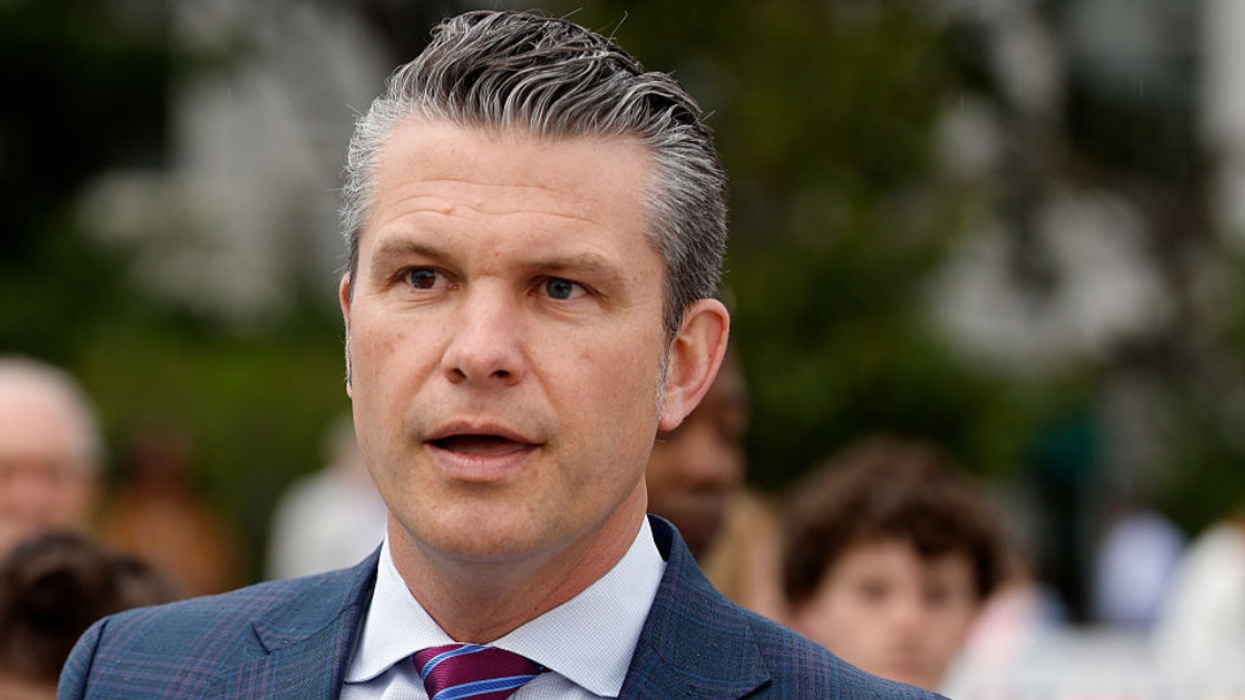
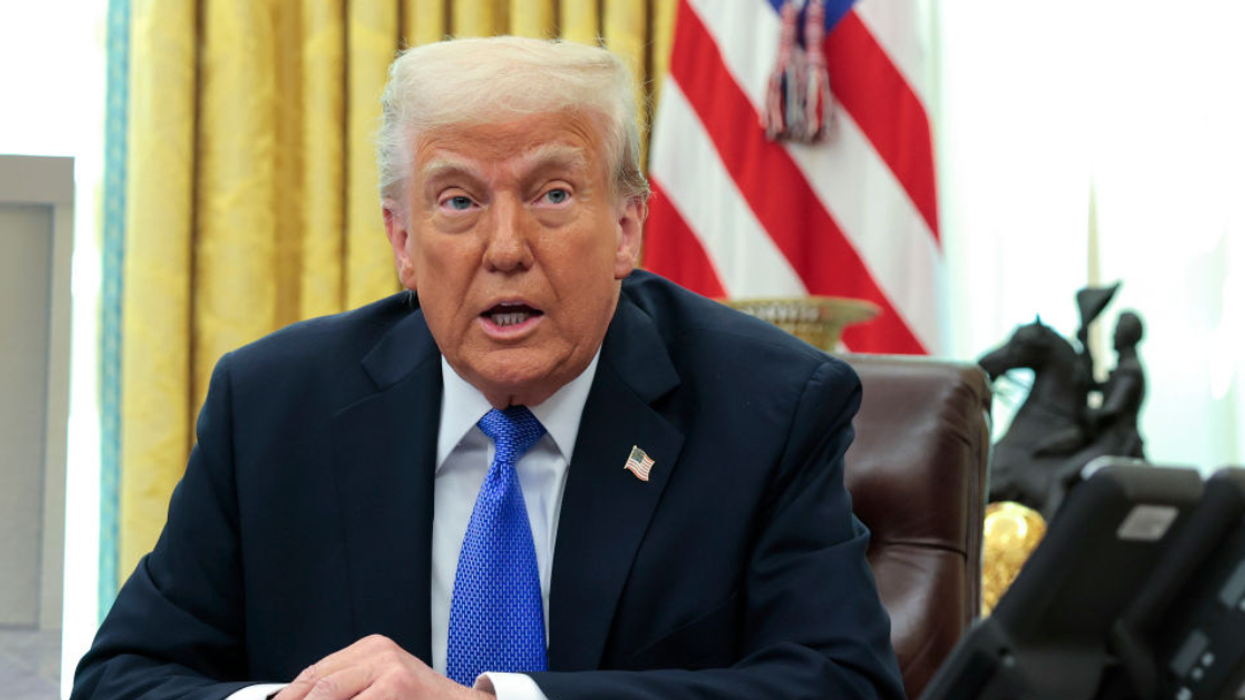

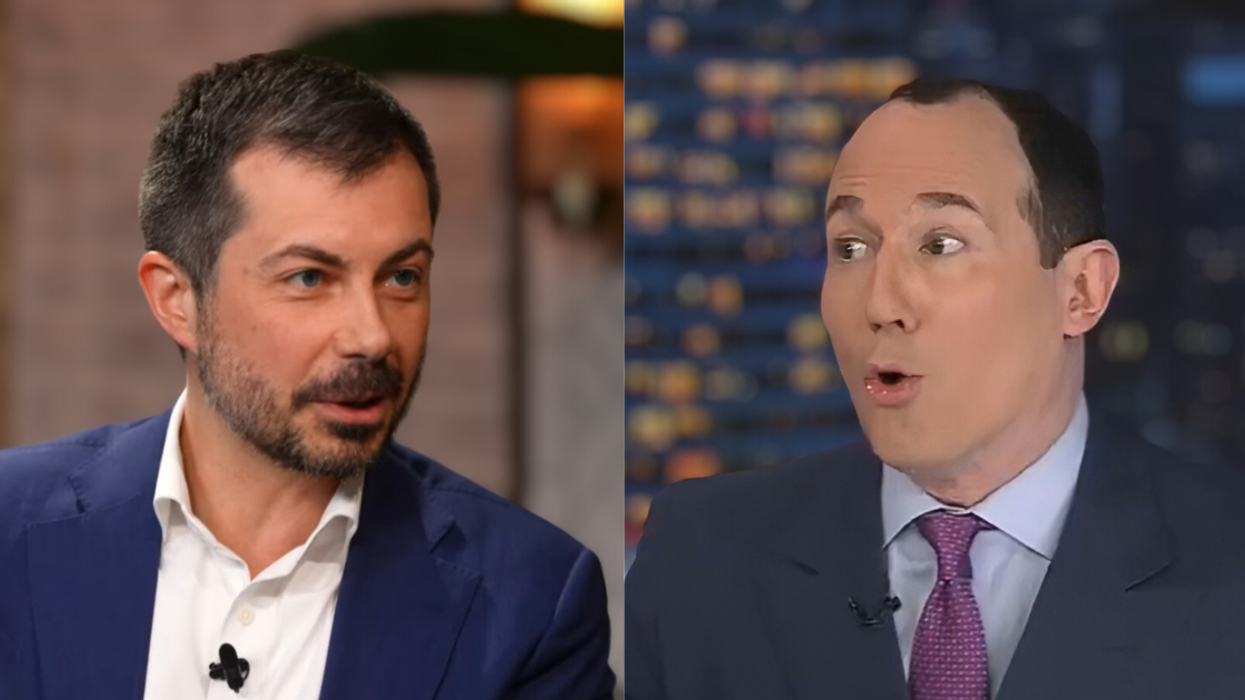

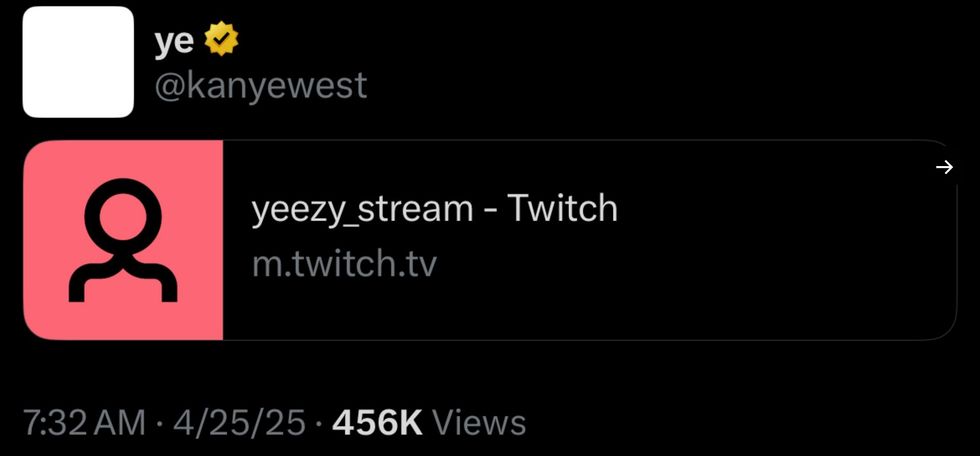 @kanyewest/X
@kanyewest/X r/Kanye/Reddit
r/Kanye/Reddit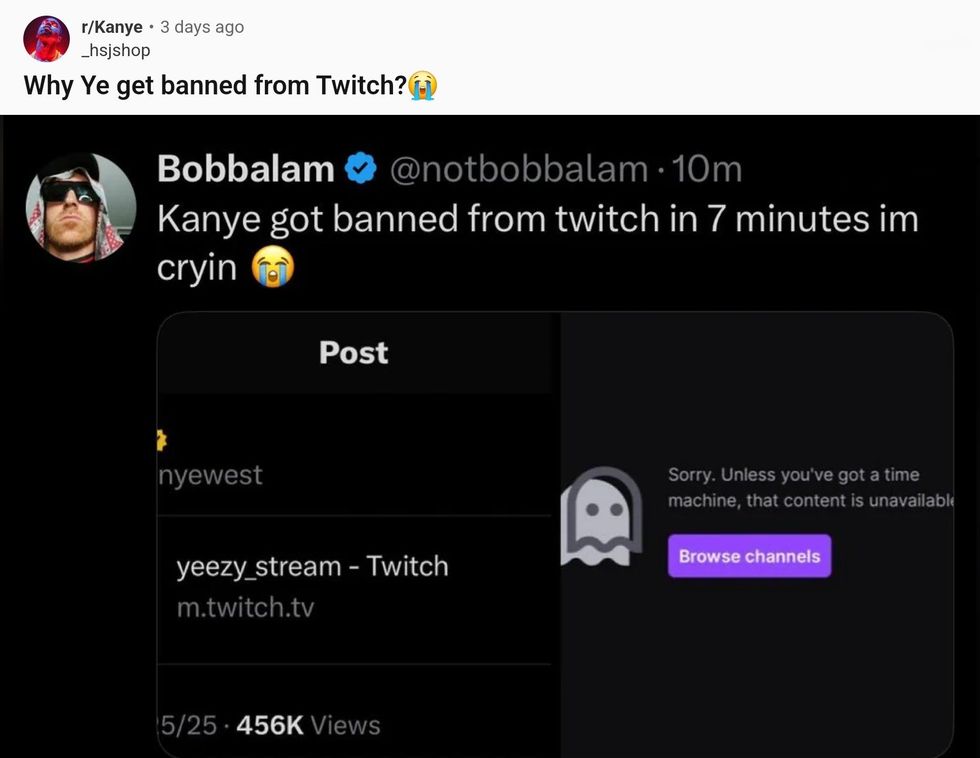 r/Kanye/Reddit
r/Kanye/Reddit r/Kanye/Reddit
r/Kanye/Reddit r/Kanye/Reddit
r/Kanye/Reddit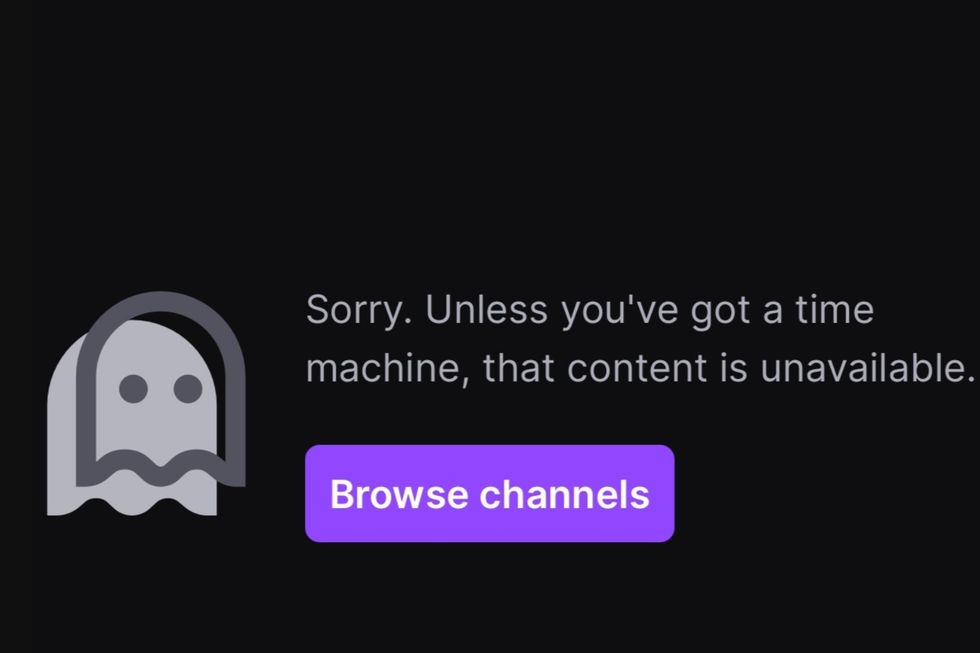 @notbobbalam/X
@notbobbalam/X r/Kanye/Reddit
r/Kanye/Reddit r/Kanye/Reddit
r/Kanye/Reddit r/Kanye/Reddit
r/Kanye/Reddit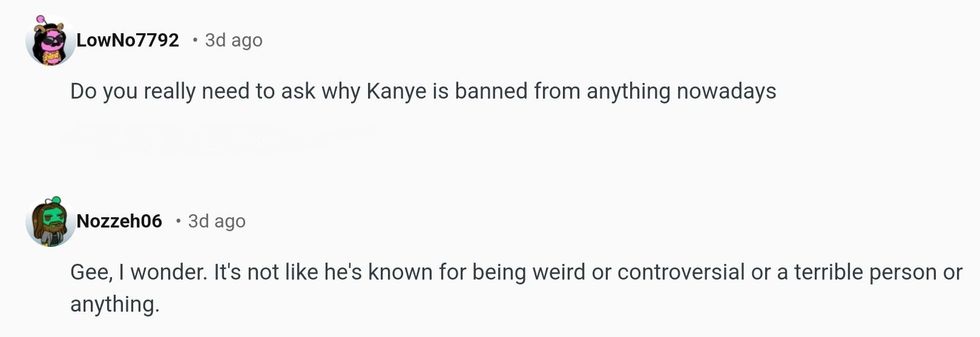 r/Kanye/Reddit
r/Kanye/Reddit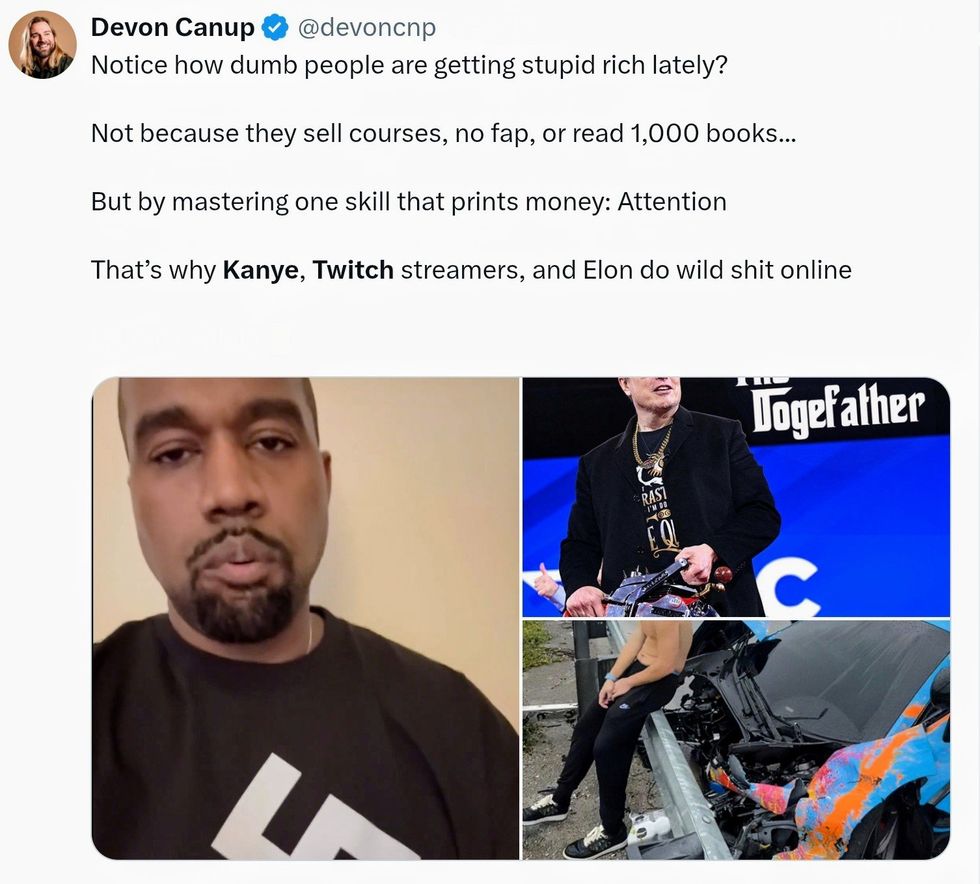 @devoncnp/X
@devoncnp/X r/Kanye/Reddit
r/Kanye/Reddit r/Kanye/Reddit
r/Kanye/Reddit
 @tariq_raouf/Instagram
@tariq_raouf/Instagram
 @thatshewolf/Instagram
@thatshewolf/Instagram @corrine4903/Instagram
@corrine4903/Instagram @okayluh/Instagram
@okayluh/Instagram @haldir_elven/Instagram
@haldir_elven/Instagram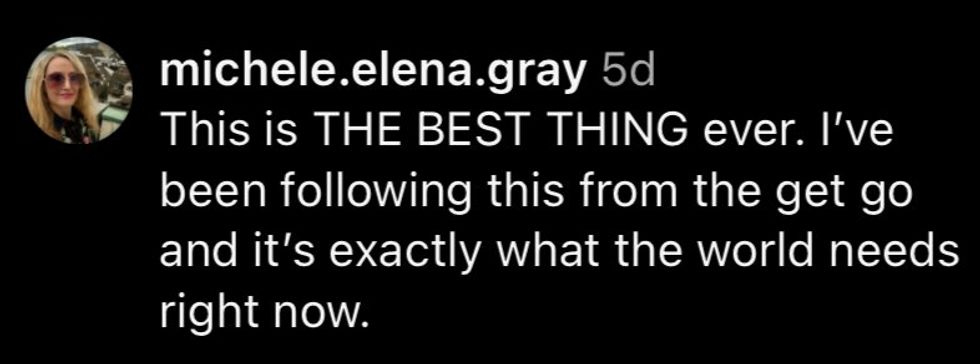 @michele.elena.gray/Instagram
@michele.elena.gray/Instagram @melanieandkellypreece/Instagram
@melanieandkellypreece/Instagram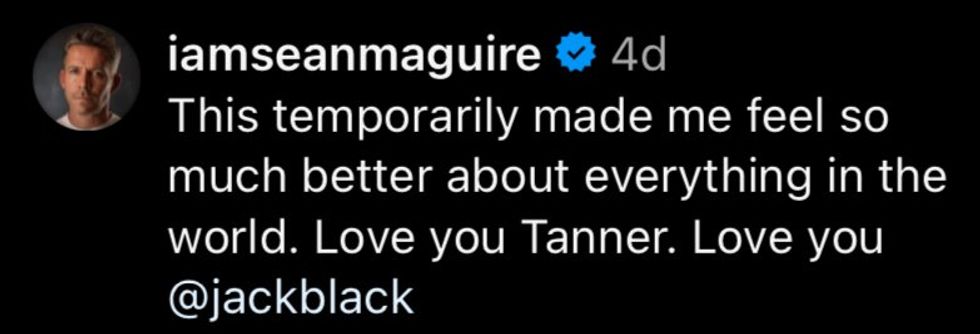 @iamseanmaguire/Instagram
@iamseanmaguire/Instagram @antload/Instagram@
@antload/Instagram@ @auntielala/Instagram
@auntielala/Instagram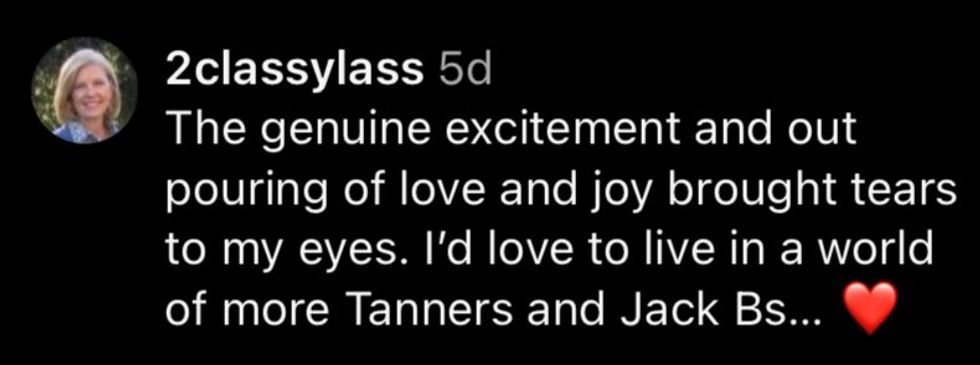 @2classylass/Instagram
@2classylass/Instagram